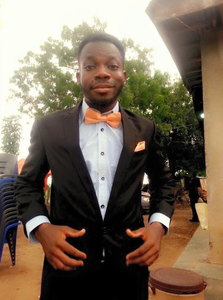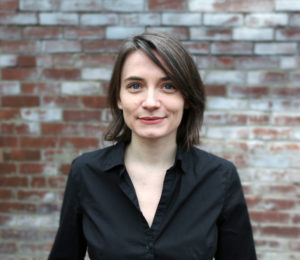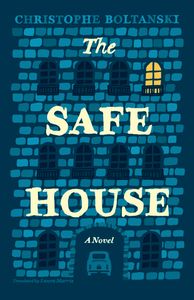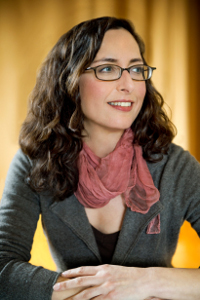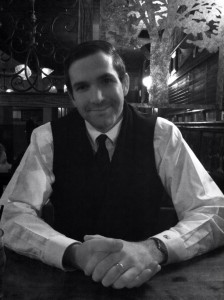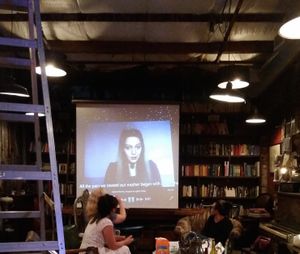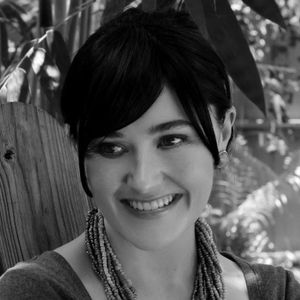D.M. “Dami” Aderibigbe (Poetry ’16) has just published his poem “Oedipus” in The Nation! Congrats, Dami! We also had the chance to ask the poet some questions, below:
What was the process of writing this poem? By the way, I love the rhythmic repetition of “By that I mean.”
The process for writing this poem was kind of weird. It’s one of the few poems that I was able to write without having to alter the idea I had. But then, midway, the narrative took over — like the repetition of “by that I mean” came out of nowhere — but the poem still ended the way I envisaged. And thanks for the compliment about the poem.
I’ve noticed that a lot of your work is about family and grief. Can you say more about that?
Most of the poems I’ve published are part of my first manuscript which deals with family, grief among other things. But I have a lot of other poems on other themes. With that said, family, no doubt is my most important theme and I find myself coming back to it one way or another. This has to do with what family meant to me as a kid, and what it means to me now as an adult. Grief on the other hand slipped into my family even before I knew what it meant. So, there is no way I can write about this familial past without grief not spilling out of the narrative.
Do you have any rituals that help you get into a space to write? Is the writing ever painful, and how do you deal with this?
Usually, reading poets who explore similar things help me get into the groove. Yes, most times the writing is painful. Most times, it draws tears out of my eyes. Knowing that many people also go through this, and feel exactly what I feel helps me deal with it in ways I can’t even imagine.
What are you reading these days?
I’m always reading Naomi Shihab Nye, Ama Ata Aidoo, Seamus Heaney. I also just reread Chloe Honum’s Then Winter, EC Osondu’s Voice of America, Jamaica Kincaid’s My Brother, Rainer Maria Rilke’s Letter to a Young Poet and Nandini Dhar’s Historians of Redundant Moment (which I actually just reviewed!).
Thanks so much, Dami, and congrats again!
D.M. Aderibigbe is from Nigeria and came to the US for graduate studies in 2015. He earned his MFA in creative writing from Boston University, where he also received a Robert Pinsky Global Fellowship. His chapbook is In Praise of Our Absent Father and his poems have been published widely.
